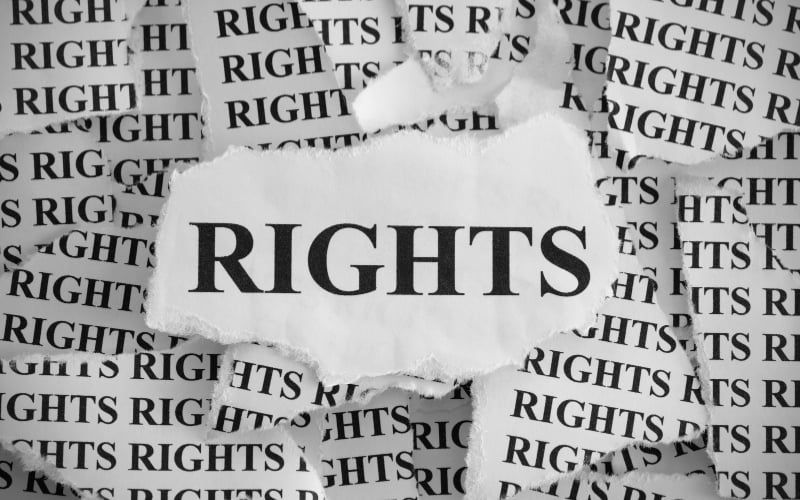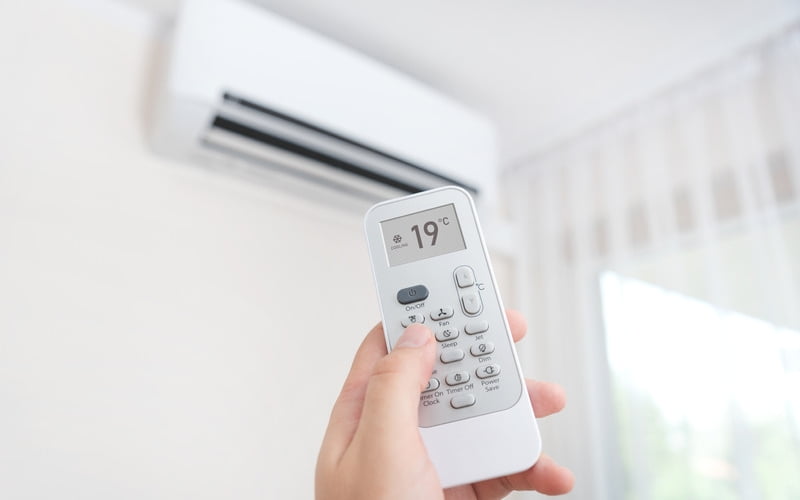Last Updated on March 18, 2024 by Kelvin Nielsen
If you’re renting a property in Florida without a lease, you still have rights as a tenant. Florida law entitles every tenant, with or without a written lease, to the right of peaceful, private possession of a residence.
Once you begin paying rent, the dwelling unit is yours to use lawfully, and the landlord or property owner can enter the rental property only to make repairs or to inspect it.

While the law may seem straightforward, it can be challenging to navigate without a written agreement. Understanding your rights as a tenant without a lease in Florida is crucial to avoid misunderstandings and potential legal disputes.
In this article, we’ll go over what you need to know about renters’ rights without a lease in Florida, including eviction and legal recourses, and answer some frequently asked questions.
Key Takeaways
- Even without a lease, you have the right to peaceful, private possession of your rental property.
- If you’re facing eviction, you have legal recourses available to you, such as requesting a hearing or filing a counterclaim.
- Understanding your rights as a tenant without a lease in Florida can help you avoid misunderstandings and legal disputes.
Related Posts:
- What a Landlord Cannot Do in Florida: A Comprehensive Guide
- Free Legal Advice for Tenants in Florida: Know Your Rights!
- What are My Legal Rights as a Tenant in Florida?
Understanding Renters’ Rights Without a Lease in Florida
If you are renting a property in Florida without a lease, you still have rights as a tenant. This section will help you understand your rights and obligations as a tenant without a lease.
Month-to-Month and Week-to-Week Tenancies
If you are renting without a lease, you may be on a month-to-month or week-to-week tenancy. In Florida, a month-to-month tenancy requires a 15-day notice to terminate the tenancy, while a week-to-week tenancy requires a 7-day notice.
Rights and Obligations of Tenants and Landlords
Without a lease term, tenants and landlords are still bound by the Florida Statutes Chapter 83 Part II, which outlines the rights and obligations of both parties.
Tenants have the right to a habitable dwelling unit and the obligation to pay rent on time. Landlords have the obligation to maintain the property and make necessary repairs.
Rent Payments and Increases
Without a lease, rent payments are typically due on the first day of each month for a month-to-month tenancy and on the same day each week for a week-to-week tenancy. Landlords are allowed to increase the rent, but they must provide reasonable notice before doing so. Florida law does not require a grace period for rent payments, but late fees cannot exceed a certain amount.
In summary, as a tenant without a lease in Florida, you have rights and obligations under the Florida Statutes Chapter 83 Part II. You have the right to a habitable dwelling unit and the obligation to pay rent on time.
Landlords have the obligation to maintain the property and make necessary repairs. Rent payments are due on a specific day each month or week, and landlords must provide reasonable notice before increasing the rent.
Eviction and Legal Recourses
Eviction Process for Non-Lease Holders
If you are a tenant without a lease in Florida, your landlord can still evict you. The process for eviction is regulated by the Florida Residential Landlord and Tenant Act. You can be evicted for reasons such as failure to pay rent, violation of lease terms, or holdover tenancy.
To start the eviction process, your landlord must give you proper notice to move out. Depending on the type of tenancy, the notice period can be 7, 15, 30, or 60 days. If you do not move out after receiving the notice, your landlord can file an action for possession in court.
If your landlord wins the court case, they can get a court order for you to vacate the property. If you still do not leave, your landlord can get a writ of possession, which allows law enforcement to remove you from the property.
Legal Protections and Actions
Even if you do not have a lease, you still have legal protections as a tenant in Florida. Your landlord cannot discriminate against you based on your race, color, national origin, religion, sex, familial status, or disability. This is protected by the Fair Housing laws.
If you feel that your landlord is retaliating against you for exercising your legal rights, you can take legal action. You can also seek legal advice from an attorney if you are facing eviction or have questions about your rights as a tenant without a lease.
In emergency situations, such as when your landlord is threatening to illegally evict you or has shut off your utilities, you can seek court intervention to protect your rights. In addition, if your landlord has breached the lease agreement, you may be entitled to damages and possession of the property.
Overall, it is important to understand your legal rights as a tenant without a lease in Florida. Make sure you receive proper notice before eviction, and seek legal advice if you have any questions or concerns.
Related Posts:
- Landlord Harassment in Florida: Know Your Rights as a Tenant!
- Florida Landlord Right to Show Property: Understanding the Law
- Florida Rental Laws Month to Month: What You Need to Know
Frequently Asked Questions
How much notice must a landlord provide to terminate a month-to-month tenancy in Florida?
If you are a tenant without a lease in Florida, you are considered a month-to-month tenant. According to Florida landlord-tenant laws, a landlord must provide a 15-day notice to quit before terminating a month-to-month tenancy.
This notice must be in writing and must be delivered to the tenant. If the tenant fails to vacate the premises after the notice period expires, the landlord can file an eviction lawsuit.
Can a landlord evict a tenant without a lease in Florida, and what is the process?
Yes, a landlord can evict a tenant without a lease in Florida. However, the landlord must follow the legal process. The landlord must provide the tenant with a written notice to quit, which must specify the reason for the eviction.
If the tenant fails to vacate the premises after the notice period expires, the landlord can file an eviction lawsuit. If the court grants the eviction, the tenant will be given a certain amount of time to vacate the premises.
What are the legal obligations of a landlord in Florida regarding property repairs and maintenance?
Landlords in Florida have certain legal obligations regarding property repairs and maintenance. According to Florida landlord-tenant laws, landlords must keep the rental property in a safe and habitable condition.
This means that landlords must make necessary repairs to keep the property in good condition. Additionally, landlords must maintain the property’s common areas, such as hallways and stairways, in a safe and clean condition.
Under what circumstances can a landlord enter a tenant’s premises in Florida?
Florida landlord-tenant laws allow landlords to enter a tenant’s premises under certain circumstances. A landlord may enter a tenant’s premises to make necessary repairs or to show the property to prospective tenants.
However, landlords must provide tenants with reasonable notice before entering the premises. Additionally, landlords may enter a tenant’s premises without notice in case of an emergency.
Have there been any significant changes to Florida tenant rights in the year 2023?
There have been no significant changes to Florida tenant rights in the year 2023. However, tenants without a lease in Florida should be aware of their rights and obligations under Florida landlord-tenant laws. Tenants should also be aware of the legal process for eviction and should seek legal advice if they have any questions or concerns.
Disclosure: The content herein isn’t a substitute for advice from a professional attorney. It’s only meant to serve educational purposes. If you have a specific question, kindly seek expert attorney services.
Sources: Understanding a Lease, FL Statutes Chapter 83 Part II

Amanda Rose is a seasoned landlord with 13+ years of expertise in overseeing diverse properties. Her adept management spans single and family homes, along with multi-family apartments and condos, across Wyoming and South Dakota. Her commitment and proficiency have cemented her status as a thriving property management professional.
She is a member of the following organizations: Wyoming Landlord’s Association, National Association of Residential Property Managers (NARPM), Wyoming Apartment Association, South Dakota Multi-Housing Association (SDMHA), and South Dakota Landlord Association (SDLA).







